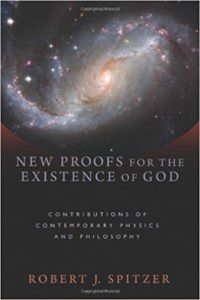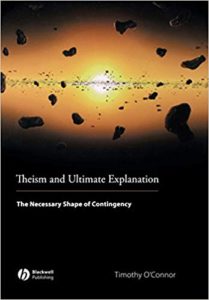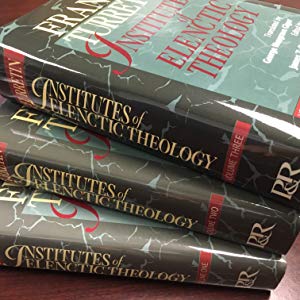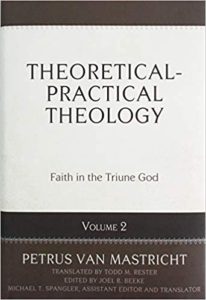
Creation Reclaimed
Modern philosophy, which began with Descartes, is premised on the idea that objective knowledge is possible only if the cognitive agent first separates himself mentally from the external world around him. Kant reinforced the separation when he postulated a dichotomy between the phenomenal order (things as empirically observed) and the noumenal order (things-in-themselves) in order to give room for human freedom in a world determined by fundamental laws of nature. That is to say, both human knowledge and human freedom entail a flight from nature. The resulting loss of vital connection between man as knowing subject and the world of nature is one of the causes of human disregard of the environment today.
In contrast, the Bible upholds nature, or creation, as the theatre where knowledge of God is revealed. It acknowledges that God is transcendent but he reveals himself through his mighty works of creation, providence and redemption. T. F. Torrance emphasizes that our knowledge of God is mediated to us in and through this world as the sphere of his activity toward us. Torrance writes, “We know God, then, in such a way that our knowledge (theologia nostra) is correlated with the world as his creation and the appointed medium of his self-revelation and self-communication to mankind. Everything would go wrong if the creaturely reality of this world were confused with or mistaken for the uncreated Reality of God, or if knowledge of God were cut off from the fact that it is our knowledge, that is, knowledge of God by us in this world.” /1/ Continue reading “Reclaiming and Renewing Creation”





 THIRTEENTH QUESTION: MIDDLE KNOWLEDGE
THIRTEENTH QUESTION: MIDDLE KNOWLEDGE It has been suggested by some bloggers that exegesis is on the side of the Calvinists while logic is on the side of the Arminians. This suggestion sounds plausible since the majority of Christian philosophers today are either Arminians or Open theists. The bloggers are correct in acknowledging that Calvinists offer robust exegesis to support their arguments which is evident in the works of Thomas Schreiner, John Piper, Sam Storms and James White. However, the suggestion is mystifying since historically Calvinists have been accused of imposing of a rigid logical system onto Scripture. We can only conclude that the bloggers who suggest that Calvinists lack rigor in logical analysis have never bothered to read Calvin and his successors like Francis Turretin, John Owen, Jonathan Edwards or Dutch Reformed theologians like Wilhelmus Brakel and Petrus van Mastricht. A quick glance of Richard Muller’s 4-vol (2176 pages) work on Post-Reformation Reformed Dogmatics should immediately impress the reader of both the acuity and logical brilliance displayed by the Calvinists. It was precisely because the doctrinal disputations of the Reformed Scholastics were dominated by austere logic, where conciseness and clarity trumps readability that Calvinism has been accused on putting logic above Scripture.
It has been suggested by some bloggers that exegesis is on the side of the Calvinists while logic is on the side of the Arminians. This suggestion sounds plausible since the majority of Christian philosophers today are either Arminians or Open theists. The bloggers are correct in acknowledging that Calvinists offer robust exegesis to support their arguments which is evident in the works of Thomas Schreiner, John Piper, Sam Storms and James White. However, the suggestion is mystifying since historically Calvinists have been accused of imposing of a rigid logical system onto Scripture. We can only conclude that the bloggers who suggest that Calvinists lack rigor in logical analysis have never bothered to read Calvin and his successors like Francis Turretin, John Owen, Jonathan Edwards or Dutch Reformed theologians like Wilhelmus Brakel and Petrus van Mastricht. A quick glance of Richard Muller’s 4-vol (2176 pages) work on Post-Reformation Reformed Dogmatics should immediately impress the reader of both the acuity and logical brilliance displayed by the Calvinists. It was precisely because the doctrinal disputations of the Reformed Scholastics were dominated by austere logic, where conciseness and clarity trumps readability that Calvinism has been accused on putting logic above Scripture.